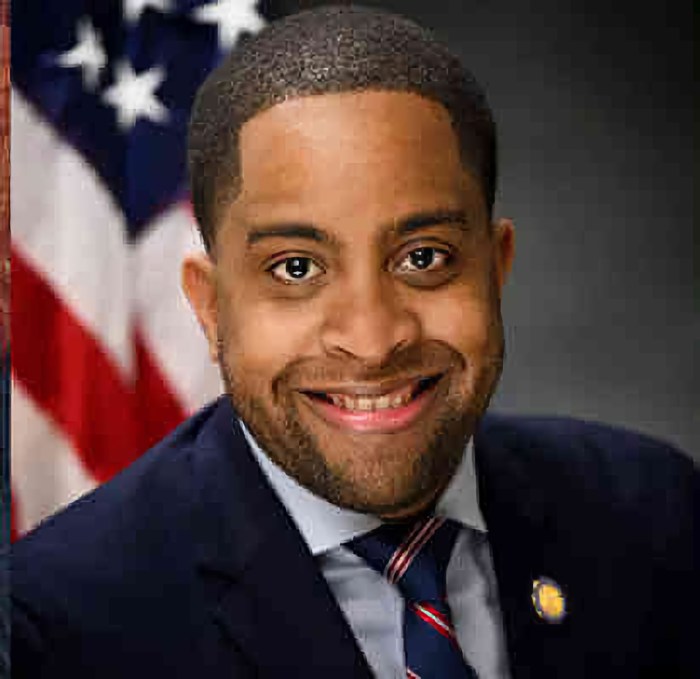TORONTO – Conrad Black has lost an appeal of fraud and obstruction of justice convictions and will have to serve out his sentence in a Florida prison for what the court described as a “misuse” of his position as Hollinger’s chief executive “for private gain.”
The Seventh Circuit Court of Appeal in Chicago affirmed the convictions Wednesday, saying arguments by Black, 63, and his three co-defendants weren’t sufficient to overturn the charges.
“The evidence established a conventional fraud, that is, a theft of money or other property from Hollinger by misrepresentations and misleading omissions amounting to fraud,” judges Richard Posner, Michael Kanne and Diane Sykes said in a written decision.
The three-judge panel rejected Black’s argument that he and other executives were entitled to certain payments, calling some of the suggestions made during the trial in favour of the need for non-compete fees “ridiculous.”
“It’s very discouraging and disappointing and we’re looking carefully at what our options are now,” Black’s appeal lawyer Andrew Frey said of the ruling Wednesday.
“I think we have very good issues and I think that we got the brush off.”
Frey said he believes the decision contained factual errors and said Black’s options at this point include petitioning the Court of Appeal to re-hear the case, or trying to take it to the U.S. Supreme Court.
Shortly after the release of the decision, Frey said he hadn’t yet spoken to Black, but expected him to be extremely disappointed.
“I’m very disappointed and I’m not the one who has to spend six years of my life in prison,” Frey said.
Black is serving a 6 1/2-year sentence in a Florida prison after being convicted last year on the three counts of fraud and one of obstruction of justice along with three other executives.
Also convicted were Mark Kipnis, Jack Boultbee and Peter Atkinson, who were given lesser sentences and allowed to remain out on bail pending the appeal.
The convictions relate to millions of dollars prosecutors said were illegally pocketed from the Hollinger International newspaper empire, since renamed Sun-Times Media.
The former media baron has repeatedly proclaimed his innocence and has vowed to fight the convictions. In an e-mail to the Canadian Press after the appeal was heard earlier this month, Black declined to predict its outcome but said he was “optimistic that one way or another, justice will prevail.”
Those hopes appeared to be dashed by the appeals court decision, which said that while “the defendants raise some other points in their 161 pages of briefs,” there were “none that has sufficient merit to require discussion. The judgments are affirmed.”
James Morton, a Toronto lawyer who followed the case, said that statement shows the courts “simply rejected the appeals in total.”
“Practically speaking, this is it,” Morton said. “The chances of the Supreme Court hearing this case are effectively nil.”
U.S. Attorney Patrick Fitzgerald, whose office prosecuted the case, said he was pleased that the Court of Appeals “swiftly and conclusively affirmed the jury’s guilty verdicts and rejected the defendants’ appeals.”
“This decision vindicates the rights of shareholders to expect that corporate officers will safeguard their assets, and put the shareholders’ interests before their own,” Fitzgerald said in a statement.
Lead prosecutor Eric Sussman, who is now in private practice with Chicago law firm Kaye Scholer, said he was glad the judges had “cut through the smoke and the mirrors to look at this case for what it was.”
“You have three very distinguished judges, (including) Judge Posner who’s one of the most distinguished judges in the United States, so I don’t think there’s any basis for overturning this opinion based on the judges misunderstanding the facts,” Sussman said.
“I think that this is pretty much the end of the road for Mr. Black.”
The appeal panel said Black and three other executives failed in their duties to provide “honest services,” to Hollinger shareholders, noting “they were senior executives of Hollinger and owed the corporation fiduciary obligations, implying duties of loyalty and candour.”
“It is not as if Black had merely been using his power as controlling shareholder to elect a rubber-stamp board of directors or to approve a merger favourable to him at the expense of the minority shareholders,” the judges said.
“He was acting in his capacity as the CEO of Hollinger when he ordered (former Hollinger lawyer) Kipnis to draft the covenants not to compete and when he duped the audit committee and submitted a false 10K (annual report).”
The defendants’ unauthorized appropriation of US$5.5 million belonging to a subsidiary of Hollinger “was a misuse of their positions in Hollinger for private gain,” the decision said, calling that “just the kind of conduct” that has been established through previous cases as “the essence of honest services fraud.”
Black was head of the world’s third-largest newspaper empire in terms of circulation until he was ousted in 2003 following an internal investigation initiated by Black in response to shareholder complaints.
















